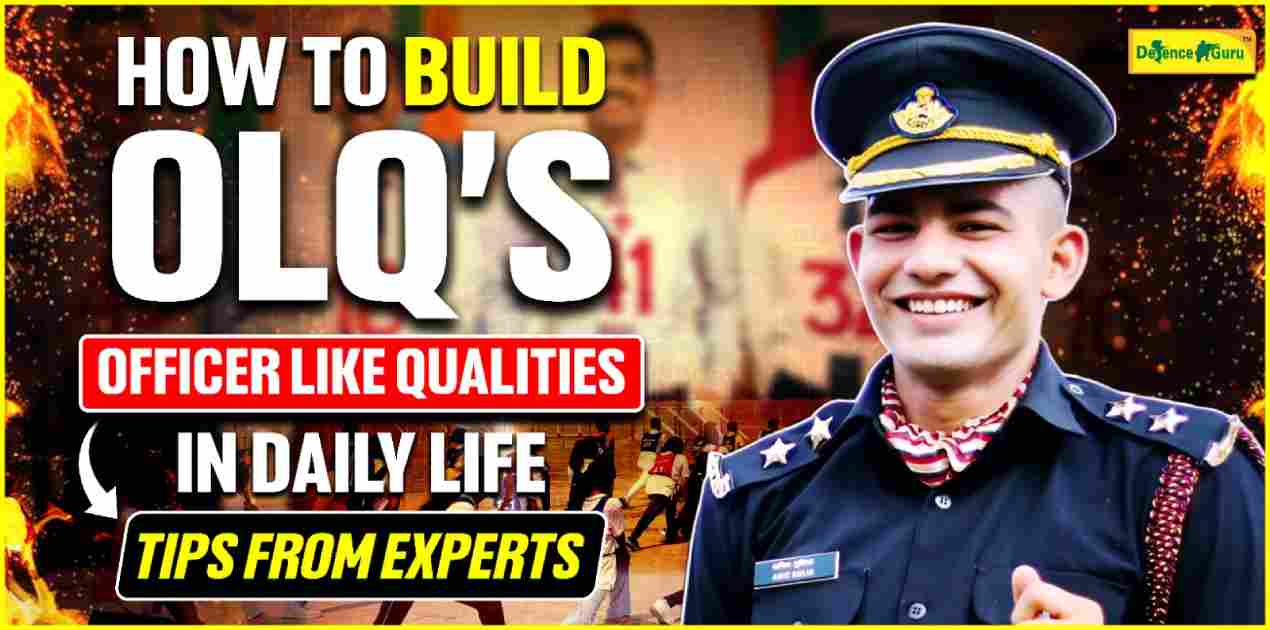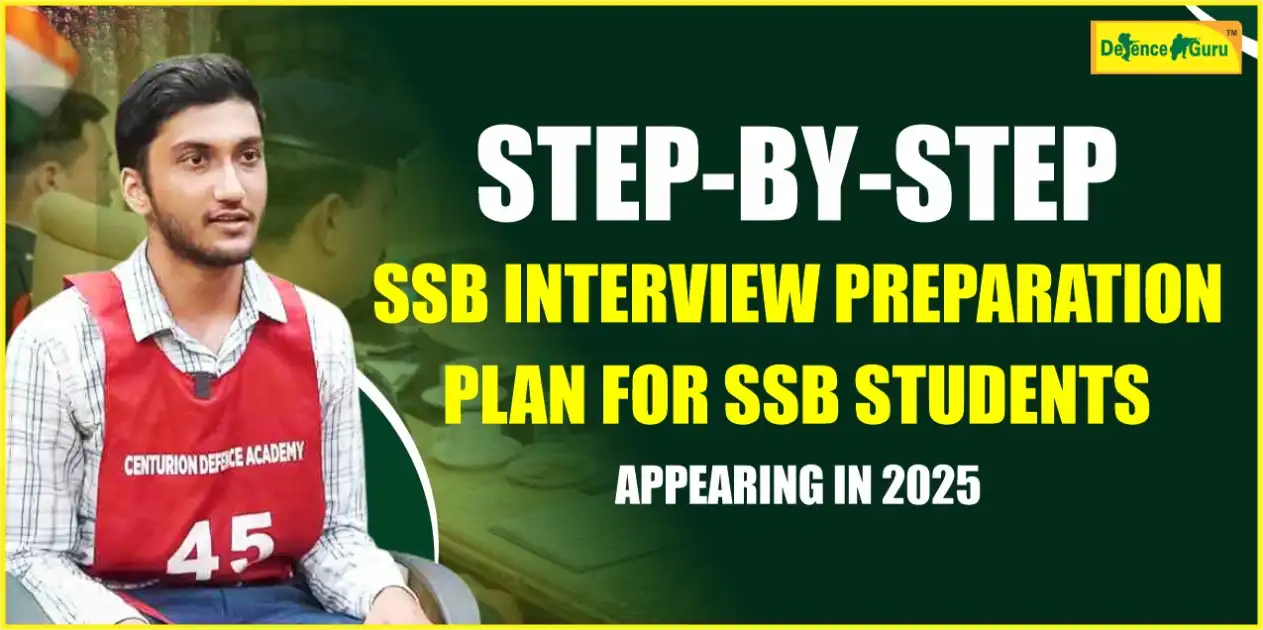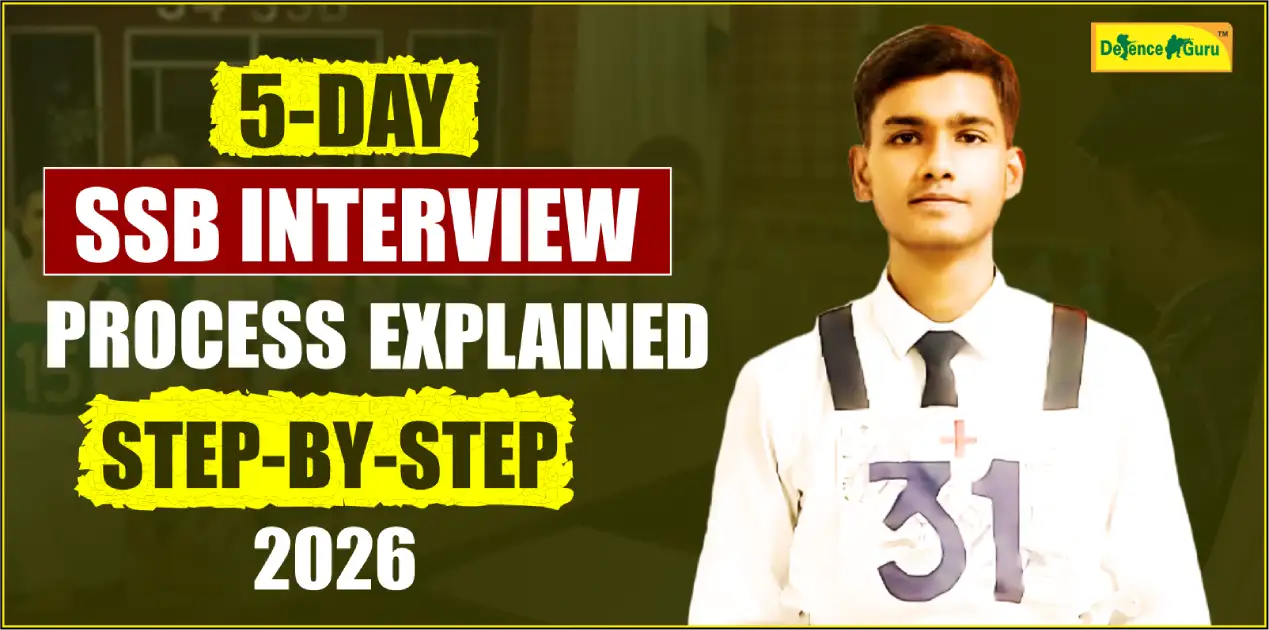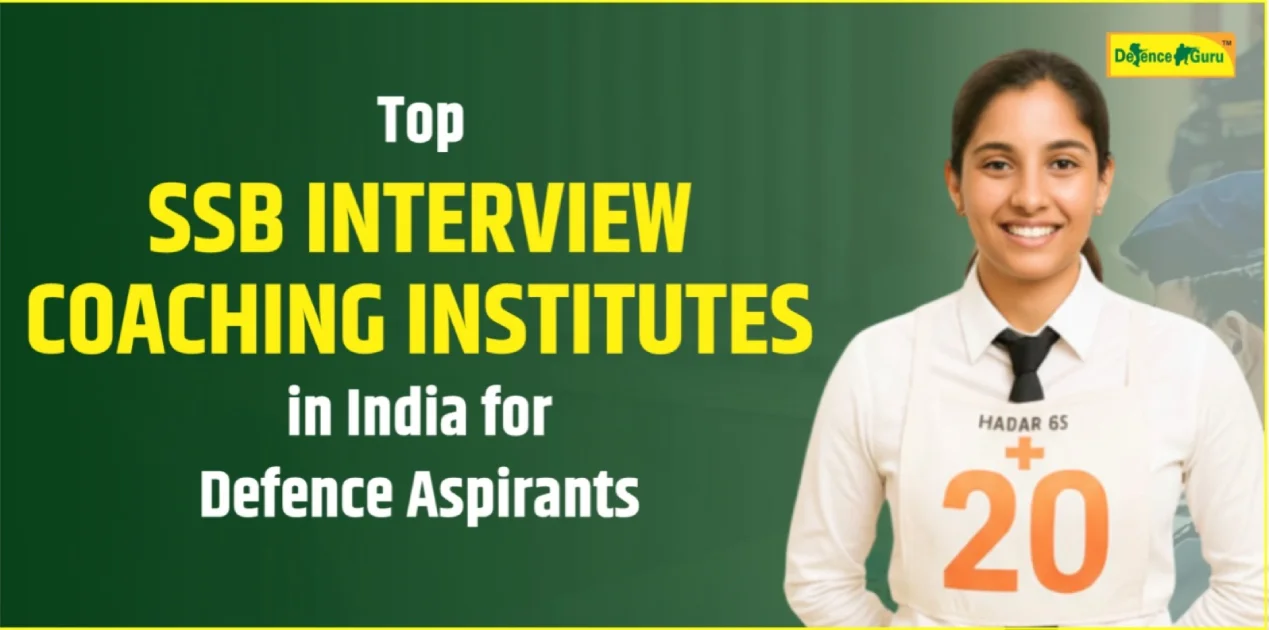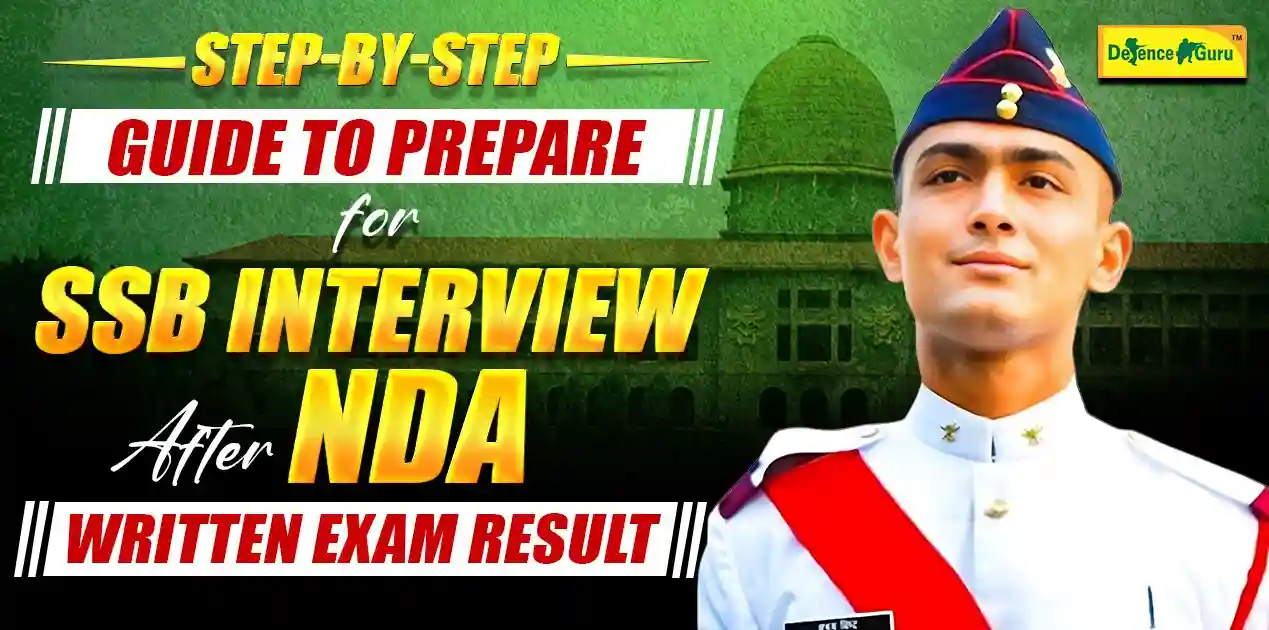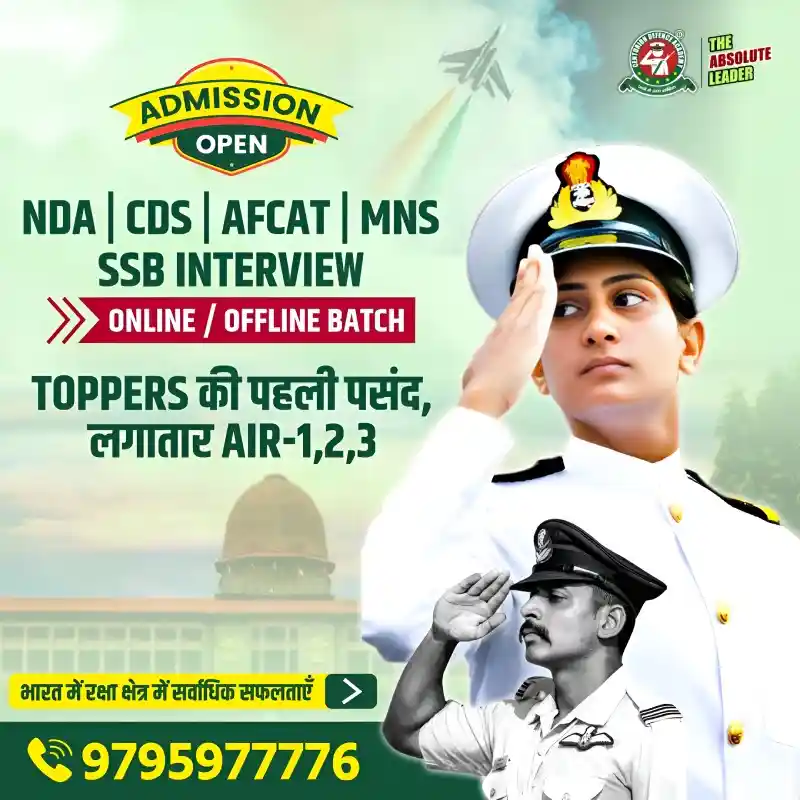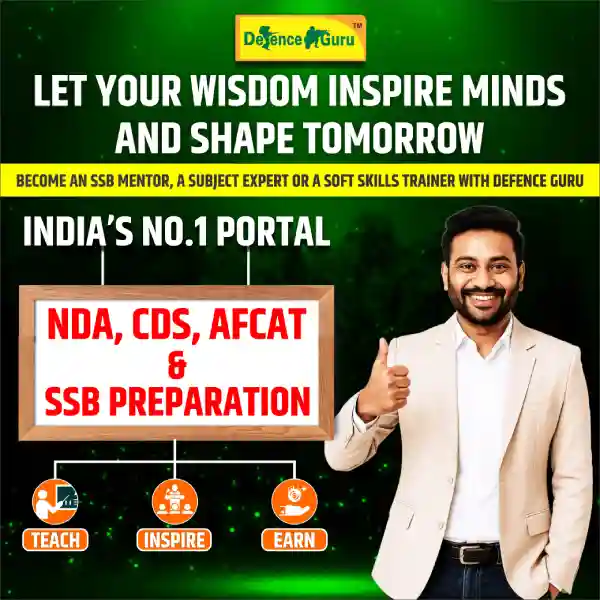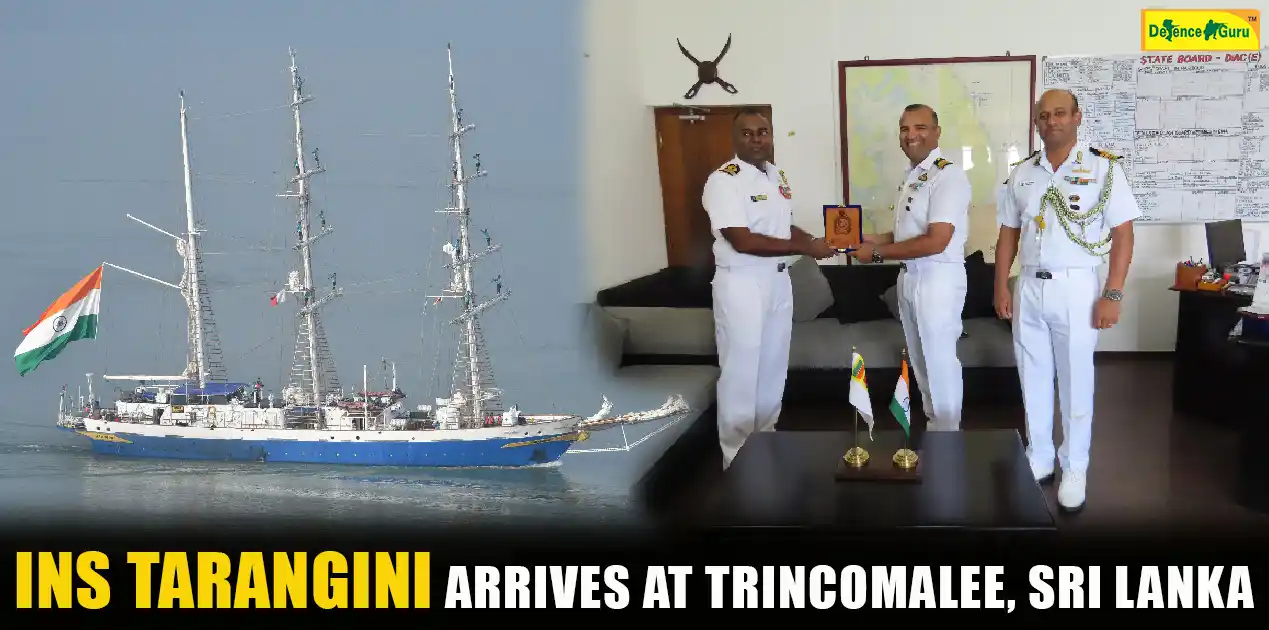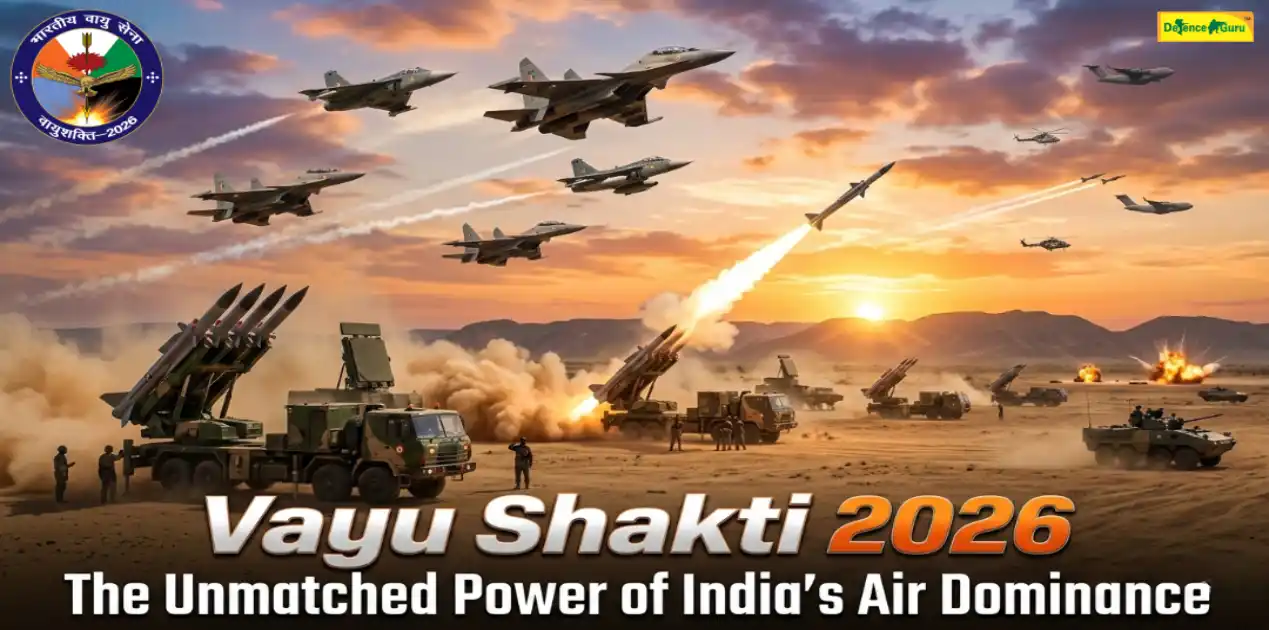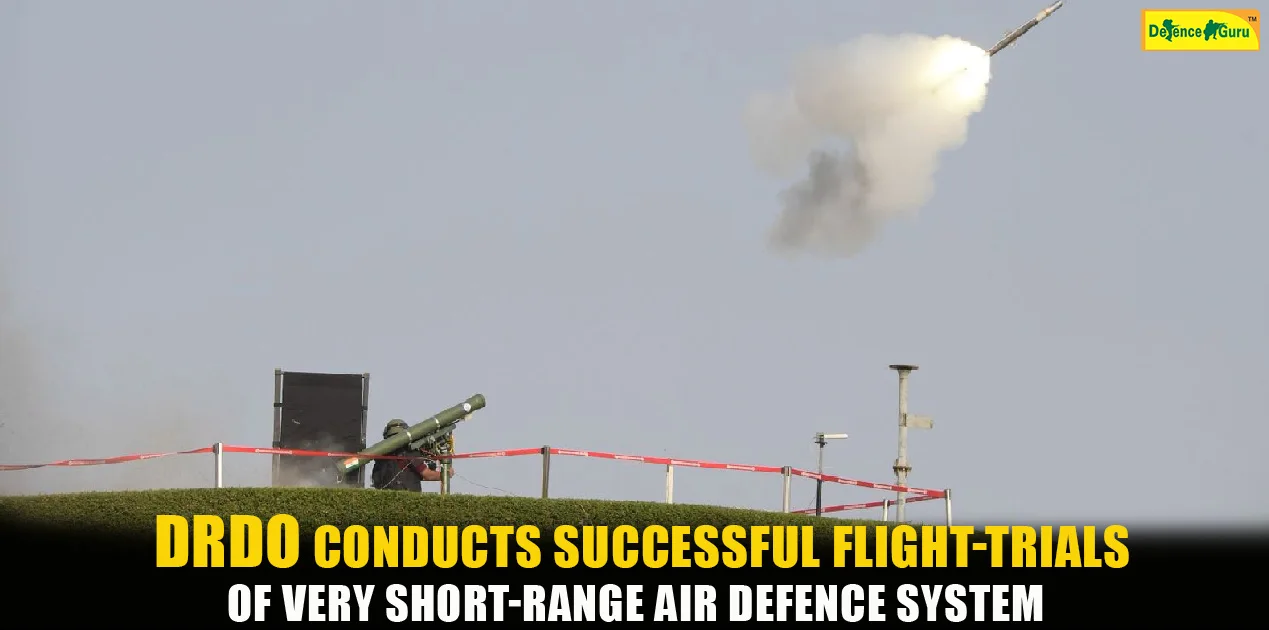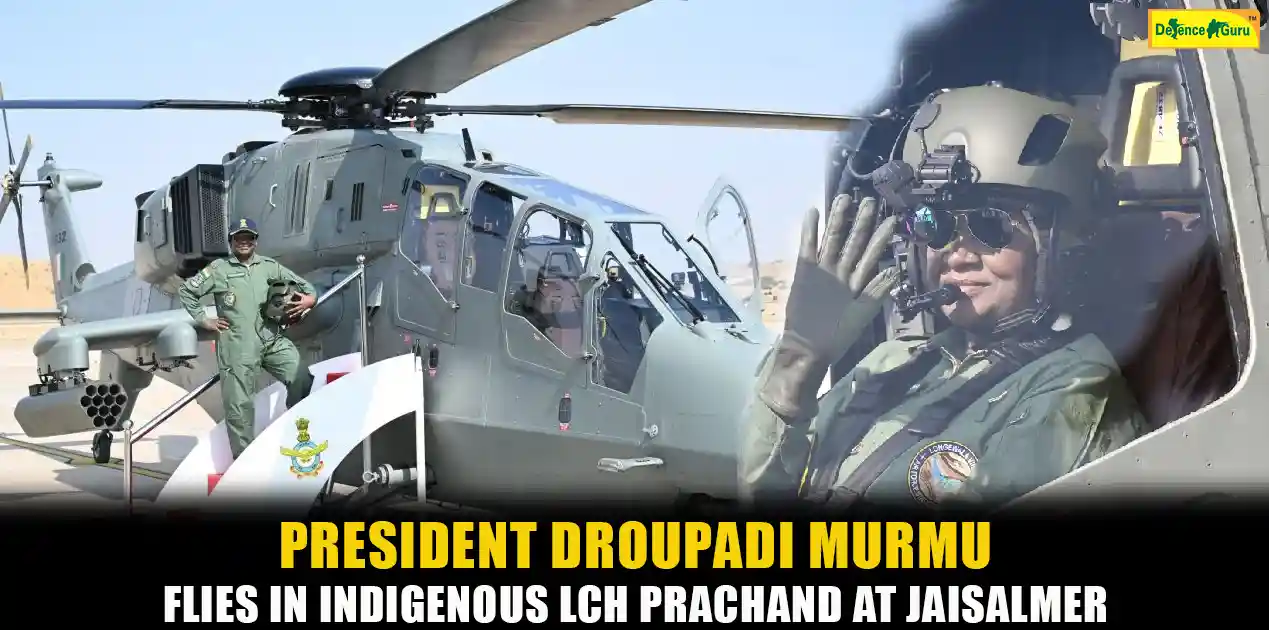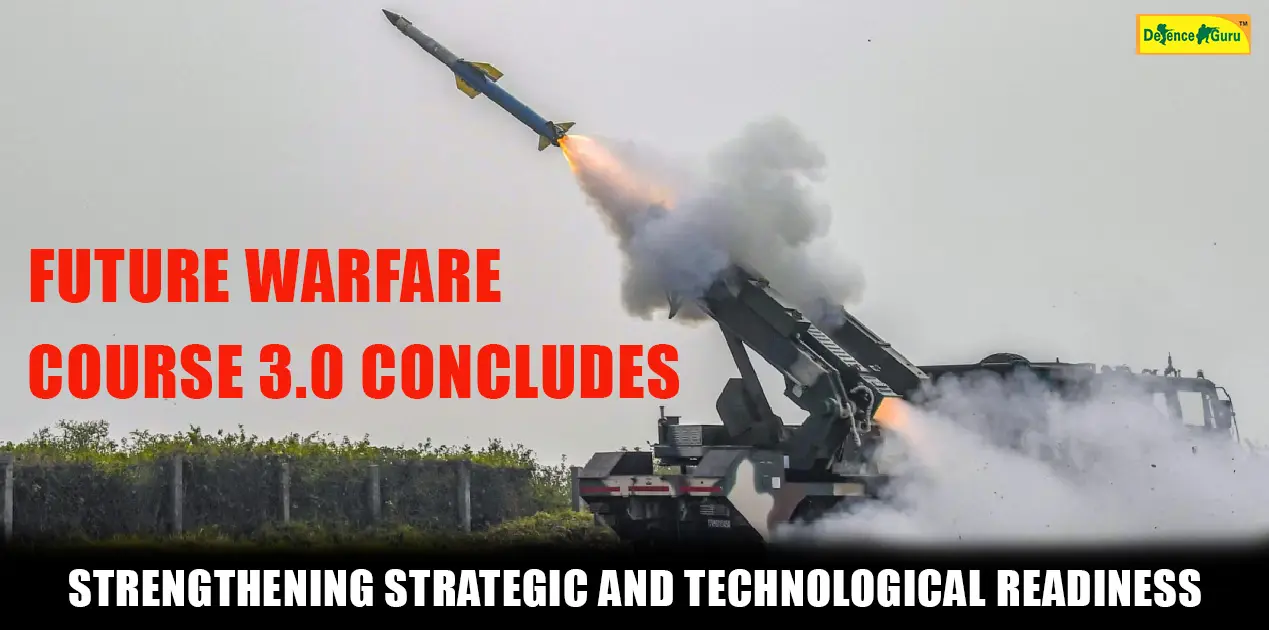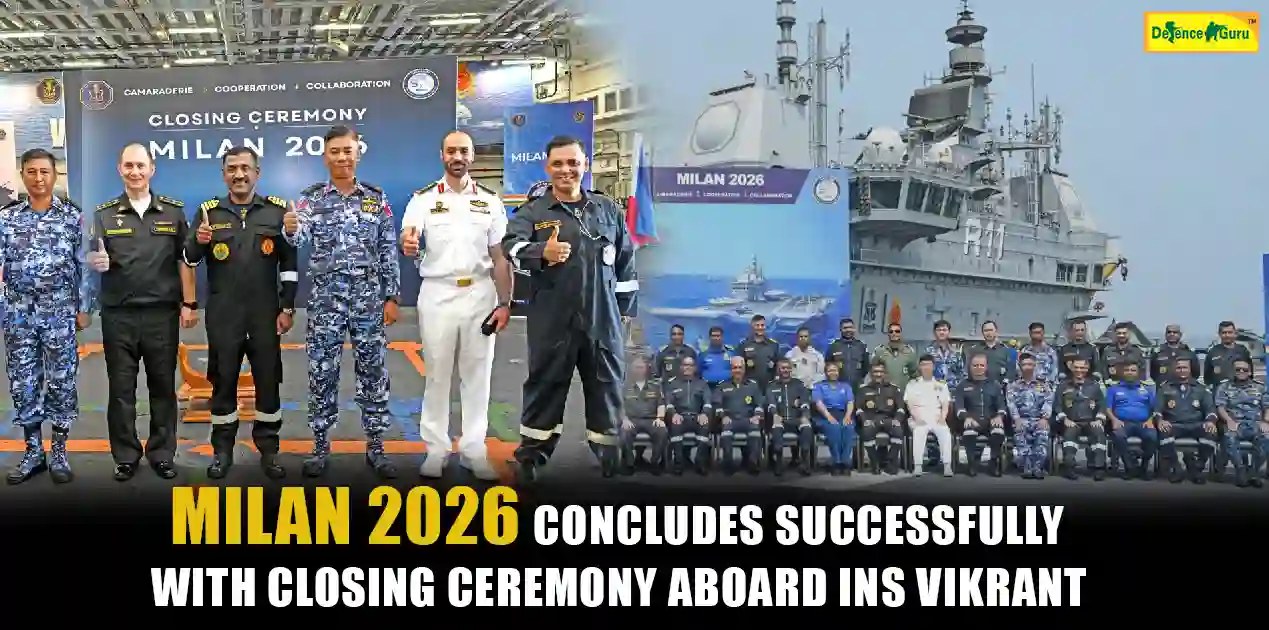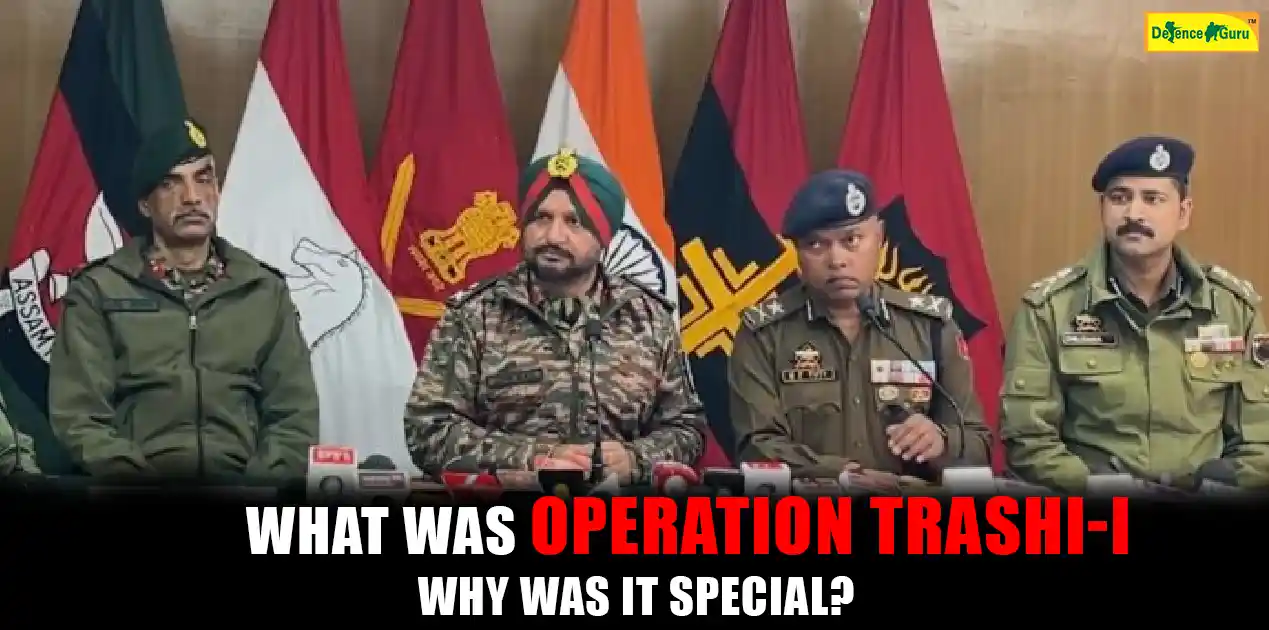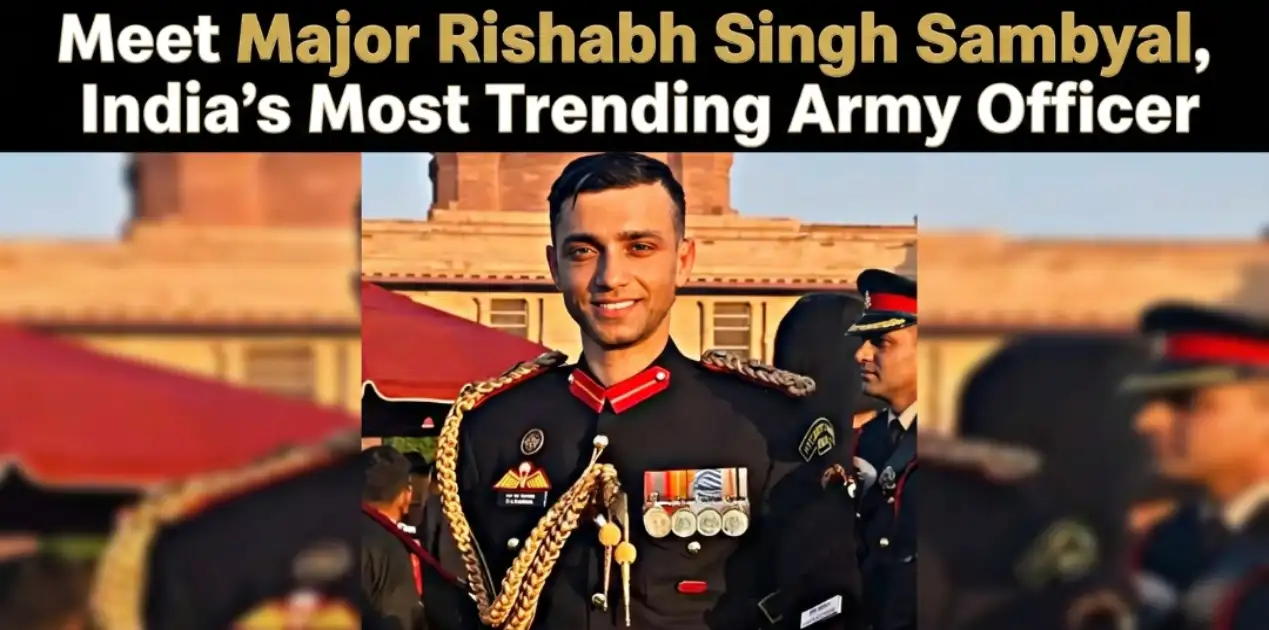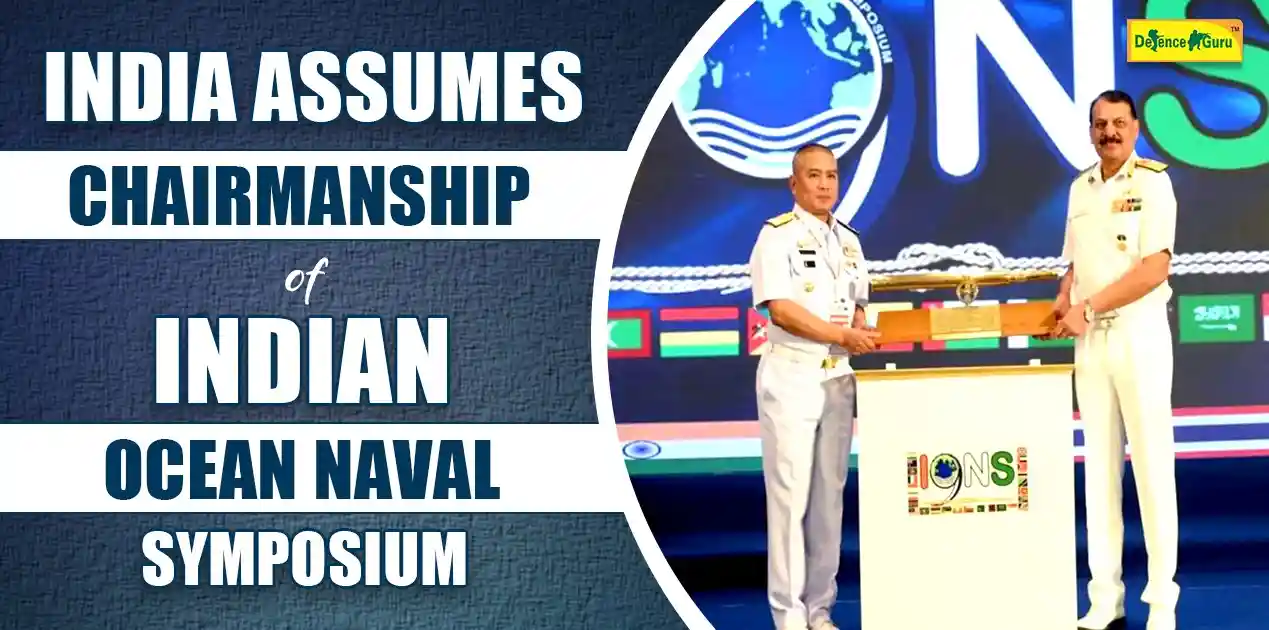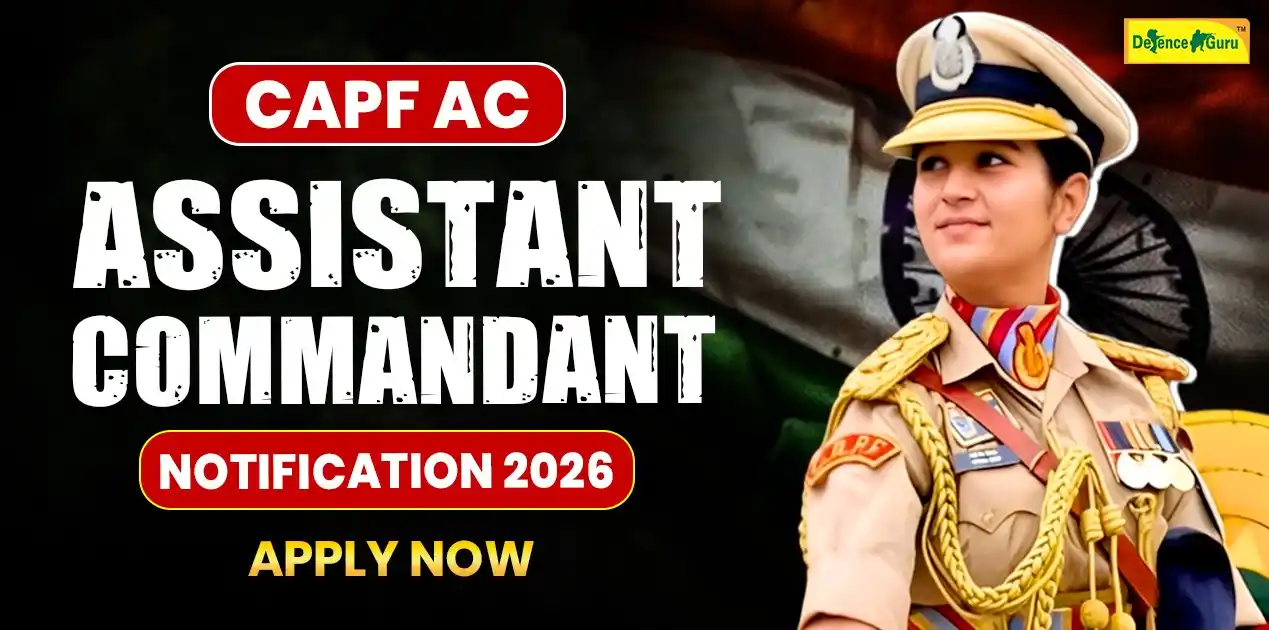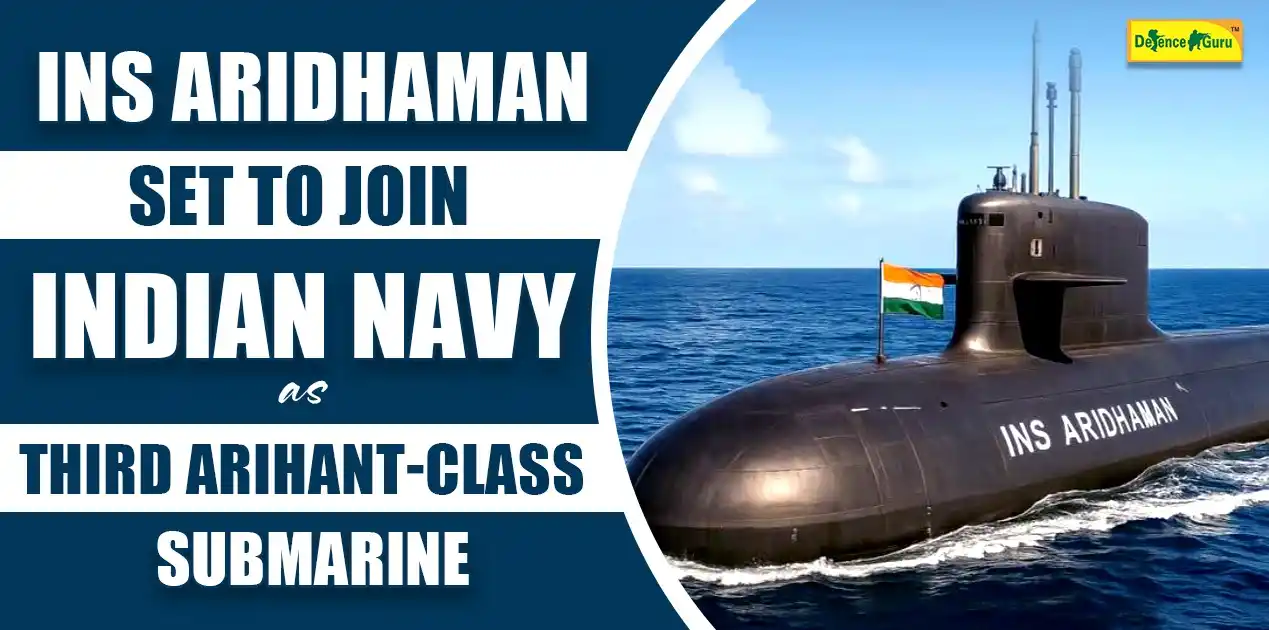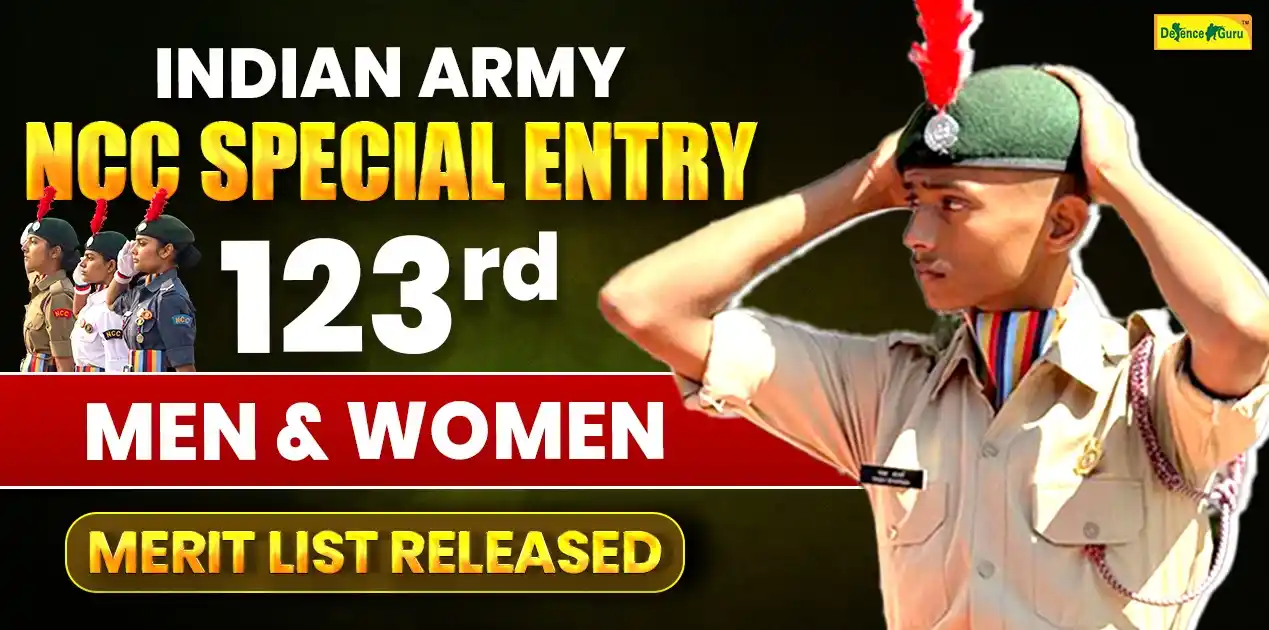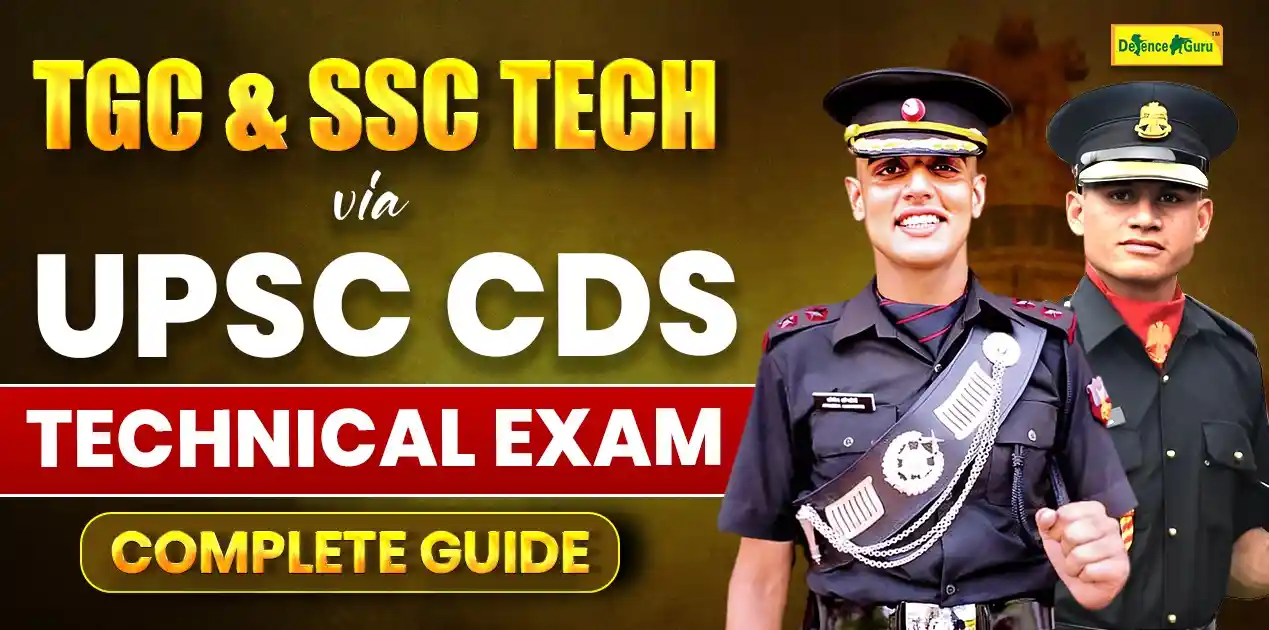Understanding Officer-Like Qualities (OLQs)
The SSB interview is a highly demanding process crucial for all those wanting to be a part of the Indian Armed Forces. It judges the potential of candidates on various levels, from academic excellence to psychological stability. At the core of the SSB screening is the officer-like qualities [OLQ] - those characteristics that make a good officer. These include leadership skills, toughness, adjustability, and integrity, to mention a few. Acquiring an SSB interview is not merely about satisfying the eligibility requirements; it is about portraying these critical qualities that demonstrate one’s suitability for service.
In this article, we will explore the importance of OLQ, their background history, break down their components in detail, and review useful strategies for potential candidates to cultivate these characteristics. Based on expert opinion and feedback, applicable statistics, and real-life scenarios, this guide seeks to provide the candidate with the information required to succeed at the SSB interview process.
The development of the SSB interview process is closely connected to the transformation in warfare and leadership patterns. After independence, the Indian Defence Forces noted the necessity of a systematic selection process that could find the right temperament and capabilities for military service in the officers to be selected.
Originally based on British traditions, the SSB eventually developed into a separate system designed according to endian settings. Decades later, there has been a change from evaluating only knowledge and physical capabilities to assessing the character values and psychological stability of the candidate. This change corresponds to a wider perception that contemporary warfare not only demands courage but also strategy, emotional intelligence, and collaboration.
Key Components of OLQs
Understanding OLQs means comprehensively grasping their scope. Here are the primary qualities that the SSB seeks:
- Effective Communication Skills: The ability to express thoughts clearly and persuasively.
- Leadership and Teamwork: Leading without ulterior motives and fostering collaboration.
- Intellectual Capability: Demonstrating problem-solving skills and adaptability.
- Decision-Making Ability: Making informed and timely decisions under pressure.
- Self-confidence: Maintaining composure and assurance in one's capabilities.
- Empathy and Compassion: Understanding and valuing others’ perspectives.
- Integrity: Upholding strong ethical principles, even in challenging scenarios.
Developing Key Qualities
1. Effective Communication Skills
Why It Matters: Communication is the backbone of leadership in the Defence Forces.
Practical Steps:
- Engagement: Attend public speaking workshops or join organizations like Toastmasters.
- Practice Active Listening: Engage in conversations with an open mind, summarizing what the other person says before responding.
Example: Many successful officers highlight their public speaking practice as a turning point in their communication ability. Becoming a better listener can help candidates utilize feedback, improving their communication extensively.
2. Leadership and Teamwork
Why It Matters: Officers often lead teams in critical situations.
Practical Steps:
- Volunteer for Leadership Roles: Whether in a college club or a community project seek opportunities to lead.
- Collaborative Projects: Engage in activities that require collaborative efforts, such as group sports or team challenges.
Expert Opinion: Leadership expert Kenneth Blanchard emphasizes that effective leaders develop through experiences that challenge them to think critically and support a cohesive team.
3. Decision-Making Ability
Why It Matters: The ability to make sound decisions is crucial, especially in crisis situations.
Practical Steps:
- Simulation Exercises: Participate in workshops that involve scenario-based decision-making.
- Learn from Mistakes: Reflect on past decisions to understand what led to successful or unsuccessful outcomes.
Statistics: Research shows that individuals who practice decision-making in simulated environments often perform better in real-life situations, especially under stress.
4. Self-Confidence
Why It Matters: Confidence affects how officers lead and influence their teams.
Practical Steps:
- Set Achievable Goals: Gradually build confidence through small successes.
- Positive Affirmations: Use daily affirmations to boost self-belief.
Case Study: Many candidates credit their success to gradual exposure to challenging situations that bolstered their self-confidence over time.
Importance of Emotional Intelligence
Emotional intelligence (EI) is a vital component of the broader OLQ framework. It encompasses self-awareness, self-regulation, motivation, empathy, and social skills, and it plays a pivotal role in leadership.
- In Practice: Officers with high emotional intelligence often excel in environments requiring teamwork and adaptability.
Studies: Real-World Applications of OLQs
Example 1: Lt. Gen. Haran Singh
Lt. Gen. Haran Singh’s trajectory illustrates the embodiment of OLQs. Known for his exemplary leadership during the Kargil War, Singh demonstrated remarkable decision-making skills. His strategic approach and communication abilities not only earned him respect within the ranks but also contributed significantly to operational success.
Example 2: Capt. Vikram Batra
Another case is that of Capt. Vikram Batra, whose leadership and self-confidence were crucial during the Kargil Conflict. His famous quote, “Yen Dill Mange More!” exemplifies the fierce determination and bravery that officers must embody. His decisions, made under the most challenging circumstances, highlighted his remarkable capacity for teamwork and resilience.
Comparative Analysis of OLQs
Eyes on comparisons can clarify the depth of OLQs. Various perspectives exist regarding which qualities are most valuable in different contexts.
- Traditional vs. Contemporary Views: Older methodologies favoured hard skills such as physical fitness and tactical knowledge. However, contemporary approaches increasingly emphasize soft skills like emotional intelligence and adaptability.
- Diversity of Thought: Scholarly debates highlight that fostering teams with diverse OLQ profiles can enhance decision-making and creativity.
This shift reflects a recognition that, as the nature of warfare evolves so too must the qualities that define effective leaders in the Indian Armed Forces.
Challenges and Solutions in Developing OLQs
Common Challenges
- Lack of Self-awareness: Many candidates underestimate their weaknesses, making it challenging to develop the necessary qualities.
- Resistance to Change: Transitioning to an officer-like mindset requires a willingness to step out of comfort zones.
- Limited Opportunities for Practice: Access to platforms for genuine leadership experiences may be limited.
Proposed Solutions
- Self-Assessment Tools: Utilize psychological assessments like the 16PF or MBTI to understand personal traits and areas for growth.
- Mentorship Programs: Establishing connections with retired officers or current leaders can provide guidance and insights into the realities of leadership.
- Engagement in Community Services: Actively participating in community service can provide practical scenarios for developing OLQs while giving back to society.
Future Trends and Predictions
As the international landscape continuously evolves, the traits that define successful leaders will also shift. Emerging trends suggest:
- Technology Integration: As warfare technology advances, officers will need to develop technical expertise in addition to OLQs.
- Focus on Continuous Learning: The importance of lifelong learning and adaptability will remain central, with training programs integrating emerging fields such as cybersecurity and artificial intelligence.
- Increased Diversity: A broader definition of leadership may support diverse backgrounds and experiences, enhancing OLQ development across varied demographics.
The process of building OLQ is complex and demands commitment, self-awareness, and persistent practice. The SSB interview is a means to serve the country, and practicing these qualities is vital for eligible candidates. By gaining insight into and fostering OLQ candidates, not only raise their chances of success in the SSB interview but also prepare themselves for the challenges of armed forces life.
To conclude, prospective officers should themselves actively develop their OLQ through hands-on experience, ongoing learning, and self–knowledge. While they prepare for the interviews that await them, adopting the traits that characterize good leadership will not only benefit them in their profession but also make them good citizens.
Adopt these attributes and walk boldly towards your future in the Indian Armed Forces.
Read more:
Top 30 Personal Interview Questions Asked in SSB with Sample Answers

